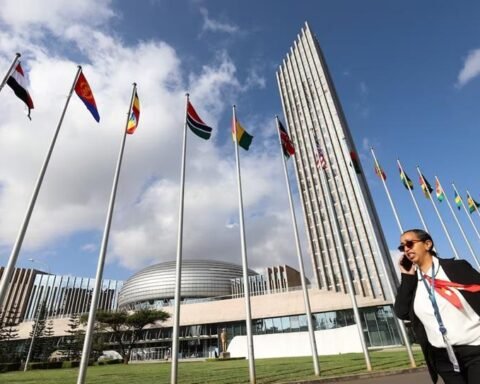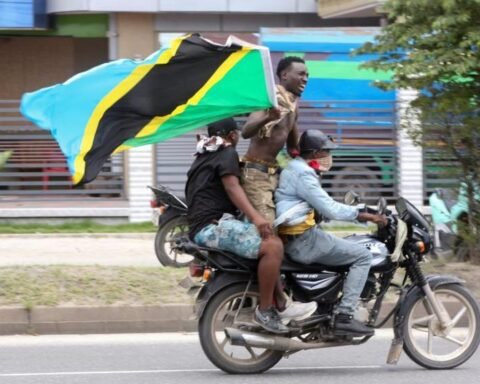A growing number of Tanzanians are raising the alarm over unexplained mobile data depletion, and now a national lawmaker is calling for change. Pauline Gekul, the Member of Parliament for Babati Town, has urged the government to establish an independent body to monitor how mobile data is consumed.
Speaking in Parliament during the budget session for the Ministry of Communication and Information Technology on Friday, May 16, Gekul criticized the current system, which places complete control in the hands of mobile network providers.
“Right now, the service providers act as both the supplier and the referee. They decide when your data is finished, and the user has no way of verifying that,” she said. “We need a truly independent institution that can oversee mobile data usage and protect consumer rights.”
Tanzanians frequently complain about purchasing data bundles—sometimes worth as much as TSh5,000—only to receive messages moments later saying the bundle has been exhausted, even when devices are turned off or on standby.
Gekul’s comments come amid increasing scrutiny of telecom practices. Oversight of this sector falls under the Tanzania Communications Regulatory Authority (TCRA), which was established by the TCRA Act of 2003. Although TCRA mandates alerts for bundle usage and has encouraged providers to develop mobile applications to help users track consumption, these measures haven’t satisfied many users.
A 2020 report by the Controller and Auditor General of Tanzania found that TCRA lacked effective oversight in verifying service quality and protecting user interests.
Also Read; Russia, Ukraine Agree To Major Prisoner Exchange
The issue is especially pressing given the country’s rapid digital growth. According to Daily News Tanzania, the number of internet subscriptions reached 41.4 million by September 2024—a 5% increase in just three months. This digital surge, while promising for innovation and development, highlights the need for more trustworthy digital infrastructure.
Affordability is another concern. According to the Alliance for Affordable Internet, Tanzanians spend more than 10% of their average monthly income to buy 5GB of data, compared to the global benchmark of just 2% for affordability. This price burden disproportionately affects students, small business owners, and low-income families.
“People aren’t just complaining out of frustration,” Gekul noted. “They feel powerless. They’re losing money in a system where there is no transparency, no accountability.”
She urged the Ministry and TCRA to collaborate with consumer protection agencies and possibly external tech institutions to create a neutral, data-tracking body. This proposed entity would help verify data usage independently of telecom companies and offer redress mechanisms when disputes arise.
Her proposal has begun to generate discussion online and within advocacy groups focused on digital rights, consumer protection, and affordable internet access.







